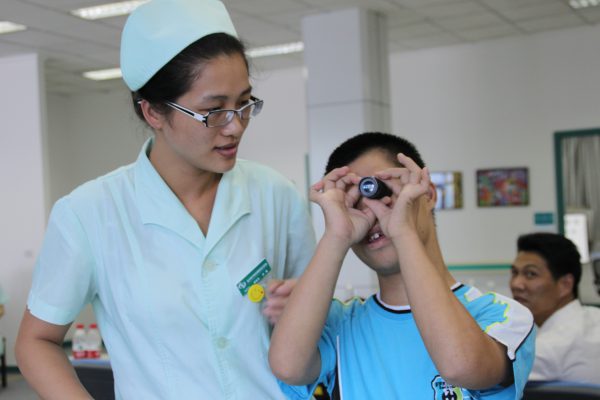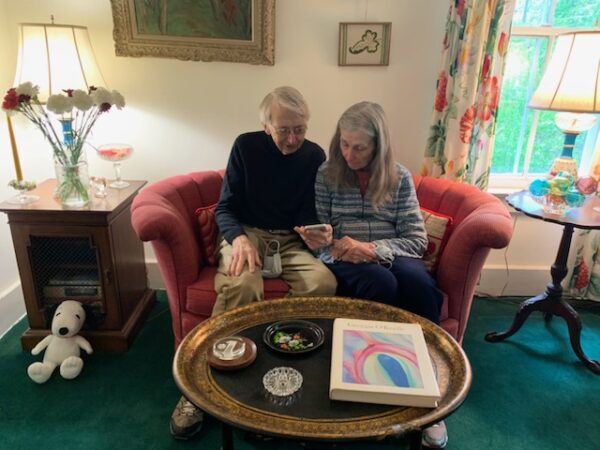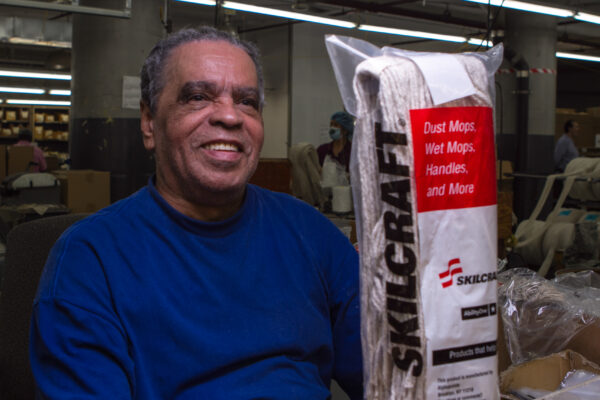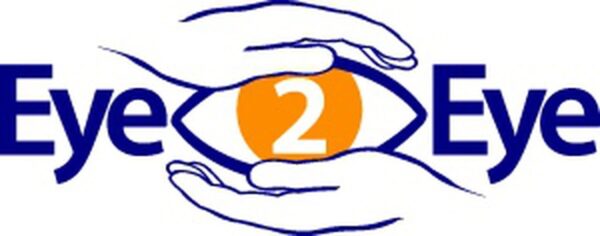Vision Rehabilitation & Resources
Jump to:
Vision Rehabilitation & Low Vision Services
These include an array of professional services and adaptive devices designed to prepare people who are blind or visually impaired to lead independent, productive lives. Examples include:
- Training in skills of daily living (e.g., eating, cooking, personal hygiene), safe mobility in the home and community, and adaptive communications skills (reading and writing Braille and accessing Braille, large-print, and recorded books).
- Learning to use adaptive computer technology and, as needed, being fitted with low-vision optical devices.
- Preparing for and obtaining appropriate paid work.

Courtesy of Wenzhou Medical College
Information & Referral Services
Often internet- or phone-based, these services inform blind and visually impaired people and their families about: eye diseases and disorders; available medical and vision rehabilitation care and technology; and contact data for local care providers. They also often provide blind consumers and their families with opportunities to network with vision experts and with people facing similar challenges.




